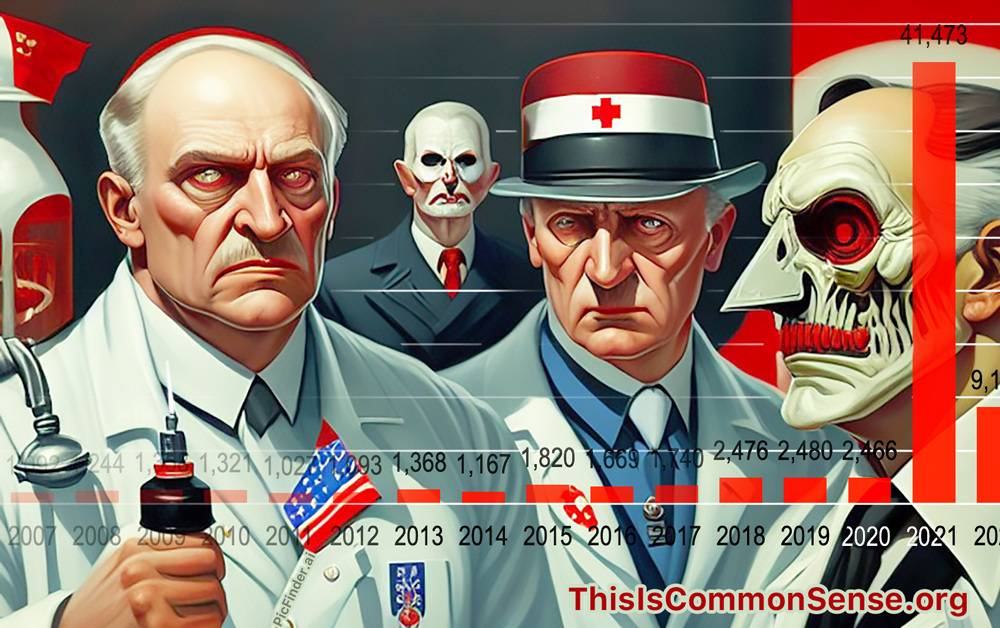Some weather we’ve been having, eh? Record-setting heat in many locales.
It must be global warming!
Well, it is hotter than usual.
But this is summer.
And a volcano did blow in the ocean near Tonga, a year and a half ago, and scientists at the time did say that the water vapor it placed into the stratosphere could linger for years, affecting the climate.
Still, you won’t see recognition of this factor for warming on the major news sources. They keep pushing the AGW line: anthropogenic (human-caused) global warming: “climate change.”
Matt Walsh, on his podcast, ran through the vulcanism story last week. Water vapor is a more effective, broad-spectrum greenhouse gas than CO2, which all the journos cannot help but push (because it fits a statist agenda, and that’s their real business: propaganda).
Walsh calls mainstream AGW crusaders “volcano denialists.”
Our planet’s ecosystem is ultra-complicated. Cloud cover (which has something to do with water vapor, you might say) can also cool the planet by increasing high-altitude albedo, a point touched upon in The Epoch Times, “Nobel Winner on Climate Agenda: ‘We Are Totally Awash in Pseudoscience,” which focuses on physicist John Clausner and his contrarian views on climate.
“Contra the IPCC and other major institutions,” Clausner contends “that climate is primarily set by … the ‘cloud cover thermostat,’ a self-regulating process whereby more clouds start to enshroud the Earth when the temperature is too high and vice-versa.”
He was slated to give a talk to the International Monetary Fund on July 25, but that was cancelled. These elites have directed trillions of global dollars to “research” global climate, and Clausner’s caution that they’ve made “a trillion-dollar mistake” is not exactly welcome.
It’s not just vulcanism they deny. They deny water.
This is Common Sense. I’m Paul Jacob.
Illustration created with PicFinder.ai and DALL-E2
See all recent commentary
(simplified and organized)
See recent popular posts









